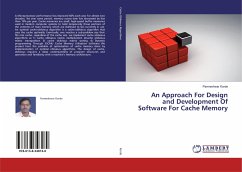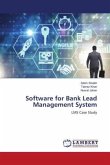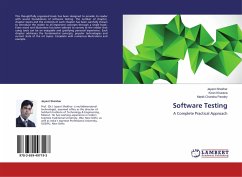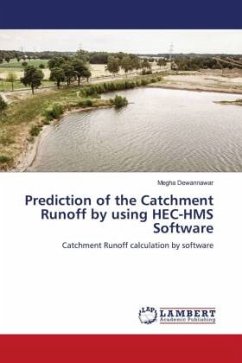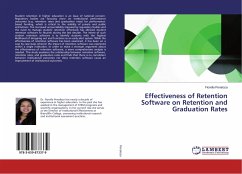A Microprocessor performance has improved 60% each year for almost two decades. Yet over same period, memory access time has decreased by less than 10% per year. Cache memories are small, high-speed buffer memories used in modern computer systems to hold temporarily those portions of the contents of main memory which are (believed to be) currently in use. An optimal cache-oblivious algorithm is a cache-oblivious algorithm that uses the cache optimally. Eventually, one reaches a sub-problem size that fits into cache, regardless of the cache size. we implement cache oblivious algorithms as 1) cache oblivious matrix multiplication 2)cache oblivious matrix transposition 3) cache oblivious matrix sorting 4) Dynamic programming Through SSCMU Cache Memory Utilization Software. We present here the problem of optimization of cache memory done by implementation of optimal oblivious algorithms. The design of cache-oblivious requires a deep understanding of program structures and operation and familiarity with a machine's memory architecture.

